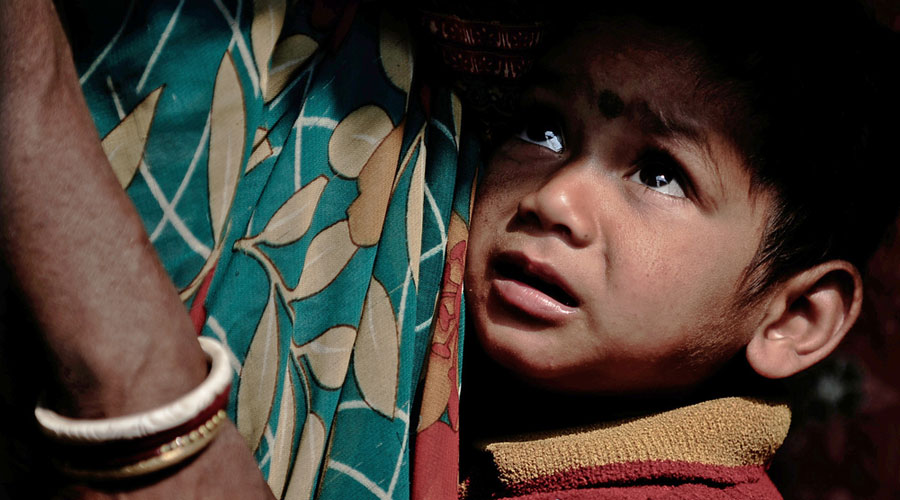Adults facing problems at work or with spouses often take it out on “soft targets”: children at home.
This displacement of anger had always been there but under such trying circumstances it has now become more common. At times the anger, even unconsciously, takes the path of least resistance and children are at the receiving end, a psychiatrist has said.
Mental health professionals and school heads had a webinar on depression and anxiety in young adults on Sunday evening and discussed how a stressful home environment added to their anxiety.
Working from home with no one to delegate household chores to and managing a 10-year-old hyperactive child or a 16-year-old brooding child can add to the stress, a mental health professional said.
“Parents are often overwhelmed by stress. One might be upset with something at work or with his/her spouse but cannot take it out on his/her. The person will then displace the anger on the youngest and softest target in the family, the children,” psychiatrist Prathama Chaudhuri said.
Chaudhuri later said such instances had become “more common” during the lockdown. “Children are at the receiving end as the anger takes the path of least resistance, at times unconsciously. If an adult is aware of it then instead of displacing it on children they should introspect… if it is becoming too much for them to handle they should seek help.”
She was addressing an audience of parents at “Mental Health 360: What is your teen thinking”, presented by Caring Minds, a psychological wellness centre.
There has been an almost 50 per cent rise in children seeking help during the lockdown because of anxiety-related issues, psychotherapist and founder of Caring Minds Minu Budhia said. “In this current scenario, children are more prone to anxiety, depression and eating disorders.... Children get disturbed in a stressful home environment, which could be because of domestic violence, parents fighting between themselves or being victims of violence themselves.”
Children react to the situation differently, some become irritable, some rebellious or some a recluse, she said.“It’s a vicious cycle and the parents’ behaviour is linked to the child’s reaction. Often, parents complain that why the child is snapping at them or have turned so irritable.”
John Bagul, principal of South City International School, and Munmun Nath, principal, senior school, Calcutta International School, were among the others who attended the webinar.
The school heads asked questions and Preeyam Budhia, head, new initiatives, Caring Minds, moderated the 90-minute session.
The questions were related to understanding anxiety and depression among children and the difference between those children seeking attention and those who are anxious.
“What was initially perceived as a time to bond with the child is gradually changing because everyone has reached a point of saturation. Parents are faced with an uncertainty in their work life or businesses and children who were used to a fast-paced life are locked at home… all this is taking a toll on the mental health,” Preeyam Budhia said.











